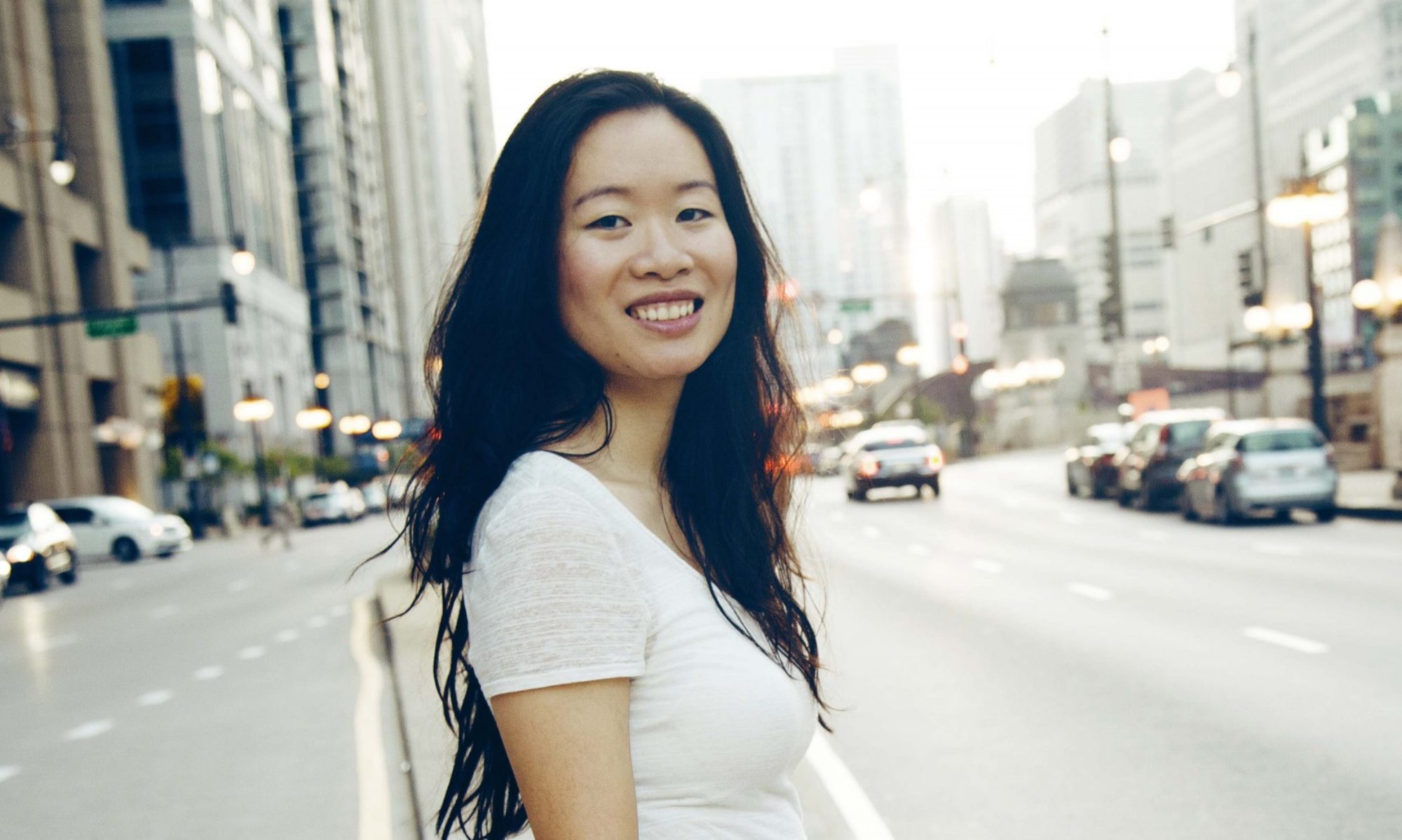
After I introduced Lynn to my friend, she said he seemed intimidating.
“Really?! Why?”
“He’s a CS professor, the CEO of a successful startup, and is too busy to talk with anyone but you.”
“So?”
“…Maybe your power is that you’re not afraid of stuff.”
I was flattered to hear this but it’s not the whole story. I think I was never intimidated by intelligence or wealth, but once upon a time I was intimidated by physical beauty. Here’s how I realized one should never be intimidated, even by hot, rich geniuses:
I was an unkissed nerd for 16 years, then I had boyfriends for 4 years, and then I was single for years. During my senior year at MIT, which was the start of my 2nd phase of monkish devotion to knowledge, I went on 1 date. It was because he was the most beautiful human I’d ever seen in real life. The first time I saw him, he wasn’t wearing a shirt because he was ironing it. Yes, he went to Harvard. His suite mates were probably milling around- I have no idea. I remember I said, “Do you wax your chest because of swimming?” He had the grace to blush. “Mainly because I model.”
After verifying there were no pictures of him on the first Google results (his name is very ungoogleable. What were his parents thinking?), I forgot about him for a week. Then he asked me if I wanted “to hang out.” That night, I found that the shirtless pictures of him were on Facebook (this was many years ago and Facebook was not yet the first place one went to look at people).
That Friday, we walked around Harvard square. I found it hard to not stare at him, but I also evaded touch and felt anxious to be alone. Nothing happened. I can’t “date;” I’m incapable of romantic relationships that aren’t based on a monkish devotion to work. After the most awkward date this kid had ever been on, and the least awkward of the 5 dates I’d ever been on, I went back to East Campus and did a problem set while a black cat rattled my door and freshmen screamed on the thundering roller coaster in the courtyard.
I had expected the date to be really fun, but it wasn’t anything. I’d expected it to be more fun than being with a normal person because he was so much hotter than a normal person, and I realized this logic was wrong. I’m exceedingly grateful to him because it was actually the epiphany that he would ever consider dating *me* despite being so much hotter that allowed me to realize physical beauty doesn’t matter. For me, maturation has been a series of realizing what doesn’t matter.
Intelligence, beauty, and wealth used to seem like notable qualities, but now they’re commoditized by technology. Jesus and Buddha always said beauty and wealth didn’t matter, but for years I was reluctant to conclude intelligence was also irrelevant.
It was in high school that I realized I was in danger of dooming myself to unhappiness if I defined myself by my intelligence. Intelligence seems fundamentally different from beauty, right? Because it’s easier to use intelligence to create something… but it ultimately is just another commoditizable property. There will always be someone more beautiful or intelligent, and now technology elevates everyone to a high level. When headhunters were pimping me out to billionaires, “Her brain is huge and will make you a lot of money,” it was obvious intelligence has been commoditized.
A millennia ago, physical strength was actually useful and prized- the strongest dude was also the richest because he could bop you on the head and take your cow- but now physical strength is useless. Most modern men can run a marathon. One day science and technology will allow everyone will be as strong, healthy, smart, and beautiful as they wish. Technology made many crafts and skills obsolete because it commoditized fine motor skills. Technology is the great equalizer that commoditizes and equalizes everything, taking beauty, information, strength, and health, and giving it to everyone.
When you take away everything that the robots are going to do for us and allow us to be, when we’re all genius supermen, what will be left for us to identify ourselves by? If you put your identity next to beauty, you’ll feel worthless when beauty is commoditized by technology because anyone can purchase your identity. If money is an important part of your identity, you’ll bemoan the fact there’s always someone richer and scuff the wheel of your Tesla every time someone mentions Bill Gates. Instead of forming my identity in a way that allows technology to erode it, I want to form it such that technology would enhance it.
Now when I meet someone with intelligence, beauty, or wealth, which is basically everyone in the post-singularity society of Silicon Valley, I automatically delete those qualities from my perception of their Real Identity. I still recognize intelligence, etc. as a property they possess, but I don’t define them by it. I try to define people by their ambitions, creativity, drive, perspective, attitude, inspirations… that soft gushy core inside the genius billionaire playboy. Love, values, interests, goals. Not where they went to school, how good they look in Lululemon, or how many Lamborghini’s they drive, because eventually we’ll all be downloading MIT OCW straight into our brains using Matrix-style optogenetics tech, have enhanced cyborg bodies, and harvest infinite energy from asteroids so that resource constraints become a purely theoretical problem.
What do you view as the most important aspect of your identity?


